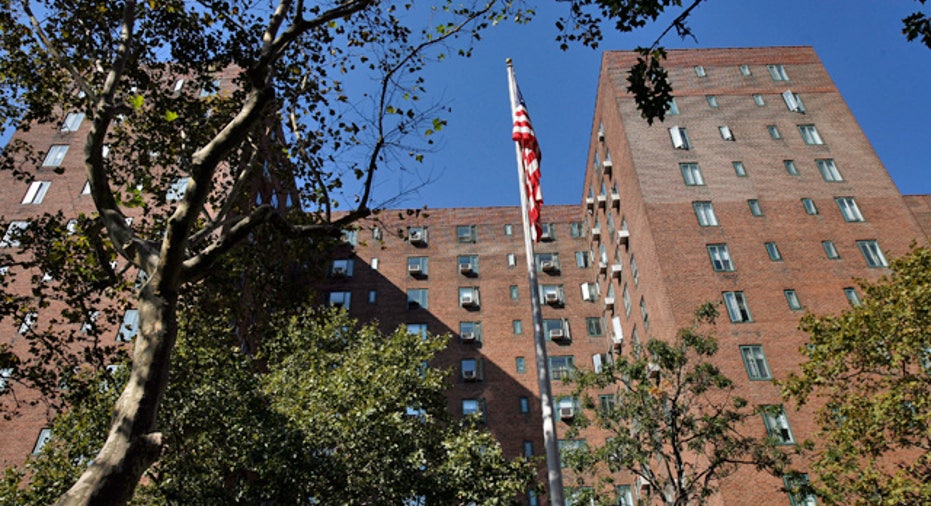Refinance or Pay Off Mortgage on Rental?

Dear Dr. Don, I have a rental property that has a mortgage balance of $36,000 and five years left before it is paid off. The rental income covers the mortgage and management fees with the exception of about $50 per month. I was thinking of taking out a home equity loan for $36,000 against my primary residence and using the proceeds to pay off the mortgage on the rental property. The idea is I would turn this property into a positive cash flow, about $500 per month after expenses, and thus allow it to generate cash for expenses such as repairs.
Is this a sound idea? Should I just leave it alone, own it outright in five years and reap the income then? Isn't the goal of rental property to have income? And are there tax implications I'm missing? Please advise. -- Rich Restructures
Dear Rich, While positive cash flow is a common goal of real estate investors who own income property, getting to that point by taking out a home equity loan on your primary residence is just a shell game.
You still owe and are making payments on a $36,000 loan. You're just making them out of your household income. It's not likely there's much of a difference on the tax front if you can deduct the interest expense on either loan, and you can fully utilize the mortgage interest deduction on the home equity loan. But it wouldn't hurt to run that by your accountant.
One reason to refinance your existing mortgage is to capture a lower interest rate and by doing so, reduce your total interest expense. With only five years remaining on the mortgage, refinancing to reduce total interest expense is difficult because you have to recoup the closing costs.
Home equity loans typically have lower closing costs, but in today's interest rate environment, the interest rate on these loans is substantially higher than the interest rate on a fixed-rate mortgage refinancing. As I write this, the Bankrate national average for a home equity loan is 6.77% and 5.51% for a home equity line of credit. The Bankrate national average for a 5/1 adjustable-rate mortgage is 3.2% and 3.44% for a 15-year fixed-rate mortgage.
Another reason to refinance your mortgage is to get cash out and to use it for investing, either in this property or other investments. For it to work, you have to earn a higher after-tax yield on the investments than you pay after tax on the mortgage. Major repairs can be justified this way because the price of deferred maintenance can be very high. So can the cost of making other investments.
Even when you pay off the mortgage, you still have to consider the opportunity cost of having the equity invested in real estate. You want a return on your investment. One way of getting that return is from rent payments. The other way is for the property to appreciate in value. Cash flow is just looking at the income side of the equation.
Bankrate's content, including the guidance of its advice-and-expert columns and this website, is intended only to assist you with financial decisions. The content is broad in scope and does not consider your personal financial situation. Bankrate recommends that you seek the advice of advisers who are fully aware of your individual circumstances before making any final decisions or implementing any financial strategy. Please remember that your use of this website is governed by Bankrate's Terms of Use.



















